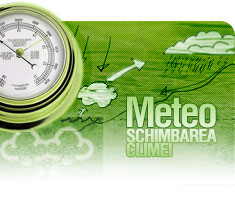https://news.trust.org/item/20200402170904-qgf24/
Countries with large populations and low levels of development are most likely to see a rise in the risk of armed conflict after extreme weather events, according to a new study that researchers said underscored the need to boost their resilience.
Almost one in three conflicts in large countries with ethnic tensions and low levels of development over the last 25 years broke out within seven days of such a disaster, said scientists from Germany, Sweden and Australia.
Even small-scale disasters can increase the risk of conflict in vulnerable places, according to the research paper, published in the journal Global Environmental Change this week.
They cited Mali, where the militant group Al-Qaeda in the Islamic Maghreb exploited a weak state and people's desperation after a severe drought in 2009 to recruit fighters to expand its area of operation.
Co-author Jonathan Donges said it was the first time scientists had conducted such a broad study of conflicts preceded by climate disaster, combining statistical analysis, observation data and regional case study assessments.
"Based on this case analysis, we are able to show that in many of the identified disaster-conflict events, the climate disaster is likely to have causally contributed to increasing the risk for the conflict outbreak," he told the Thomson Reuters Foundation.
Donges, a researcher with the Potsdam Institute for Climate Impact Research in Germany, said the research showed the link was much stronger in countries with large populations, ethnic exclusion and low levels of development.
"The results described above suggest that aid aiming at fostering human development and building more inclusive societies can help increase the resilience of countries to the risks of climate conflicts to arise," he added.
Researchers have long warned that climate change is likely to increase the frequency and intensity of disasters, with some fearing a vicious cycle - disasters fuelling conflicts that in turn make populations more vulnerable to disasters.
A 2019 study led by Stanford University said a 4-degree Celsius (7.2-degree F) increase in global temperatures - a possible scenario as greenhouse gas emissions continue to rise - could dramatically increase the risk of armed conflict.
Already, poor, vulnerable communities around the world are struggling to cope with weather extremes brought about by climate change and the spread of the deadly coronavirus pandemic.



 Română
Română English
English


